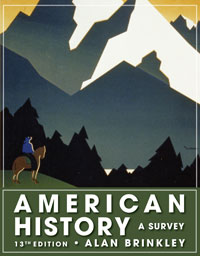1 The Federalist Papers was published anonymously, over the pen name Publius. In fact, they were the work of three men: Alexander Hamilton, James Madison, and John Jay. The Federalist No. 1, written by Hamilton, summarizes the purposes of the papers to come. How does this excerpt reflect not only what the Federalists wanted to promote, but also how they wanted to head off objections to the Constitution that were already beginning to surface? From your readings in the text, what were these objections?The Federalist Papers 2 Constitution Questions 3 Alexander Hamilton 4 Thomas Jefferson 5 Federalist 10 and 51. What is Madison's explanation of factions here, and what is his novel solution for remedying them? How do his arguments relate to the tenets of revolutionary republicanism? What strategies does he employ here to refute the possible arguments of the Antifederalists?http://www.foundingfathers.info/federalistpapers/fed10.htm http://www.foundingfathers.info/federalistpapers/fed51.htm 6 http://www.ourdocuments.gov/doc.php?doc=11&page=transcript http://www.ourdocuments.gov/doc.php?doc=15&page=transcript 7 http://avalon.law.yale.edu/18th_century/alien.asp http://avalon.law.yale.edu/18th_century/sedact.asp





